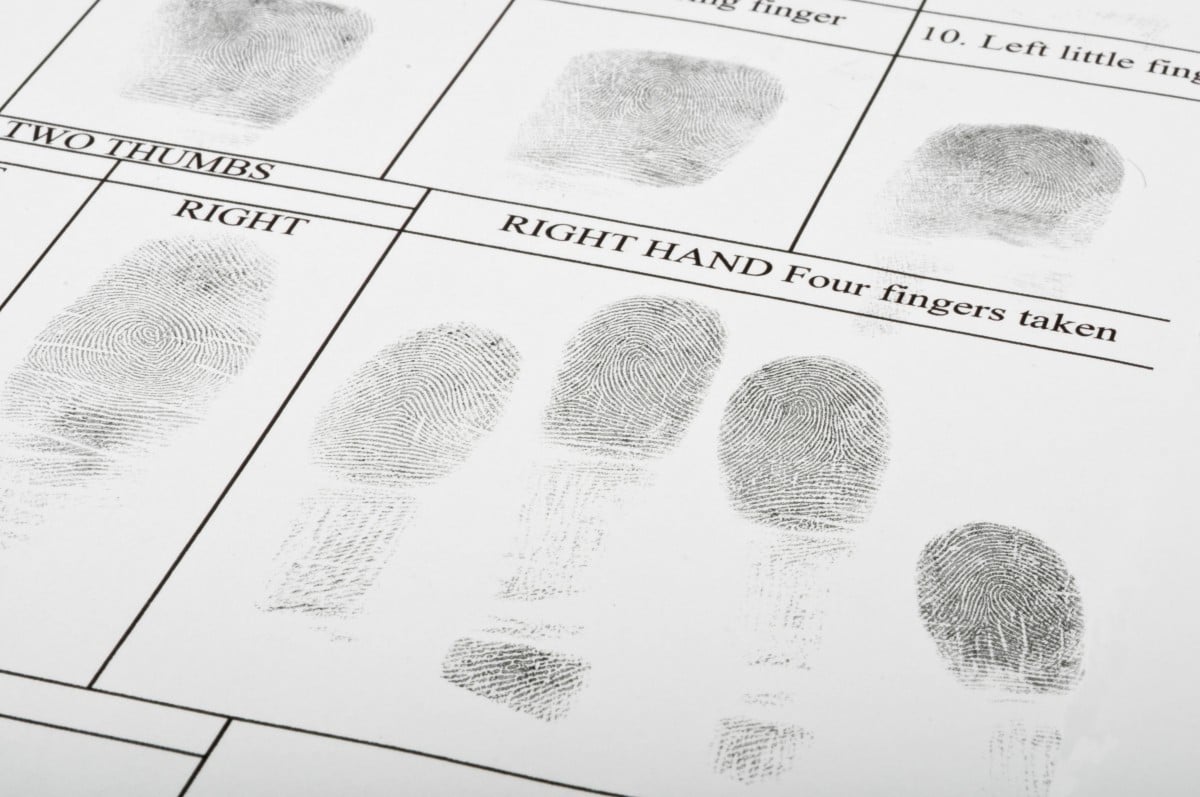

Pennsylvania became the first state to automate criminal record-clearing with the 2018 bipartisan Clean Slate Act. Lamont’s signature, Connecticut joins a growing number of states that have embraced automated record-clearing laws as the clean slate model continues to gain traction in red, blue, and purple states alike.

With the passage of this legislation, Connecticut is not only building itself a stronger and more inclusive economy but also serving as model for other states that are looking to do the same. Gary Winfield (D-CT), who sponsored and championed the legislation, and the Connecticut Legislature. The bill’s passage is a testament to years of tireless work by a remarkable coalition led by CONECT, in partnership with the American Civil Liberties Union of Connecticut. By removing government-created barriers to work for Connecticut residents with records, clean slate will not only put economic opportunity within reach for huge numbers of residents with records but also help the state achieve a stronger and more equitable recovery from the COVID-19 crisis. I am thrilled that hundreds of thousands of Connecticut residents will now be freed from the never-ending stigma and economic marginalization that come with a criminal record. In the digital era, with 9 in 10 employers, 4 in 5 landlords, and 3 in 5 colleges and universities now using background checks to screen applicants, a criminal record can be a life sentence to poverty. Following the signing, Rebecca Vallas, senior fellow at the Center for American Progress and one of the co-originators of the clean slate policy model, released the following statement: It joins Michigan as the second state to automatically clear qualifying felonies as well as misdemeanors, removing barriers to employment, housing, and education for the 1 in 3 Connecticut residents with a criminal record. With the governor’s signature, Connecticut becomes the fifth state to enact clean slate automated record-clearing legislation. Ned Lamont’s (D-CT) signed Connecticut’s clean slate bill into law.


 0 kommentar(er)
0 kommentar(er)
